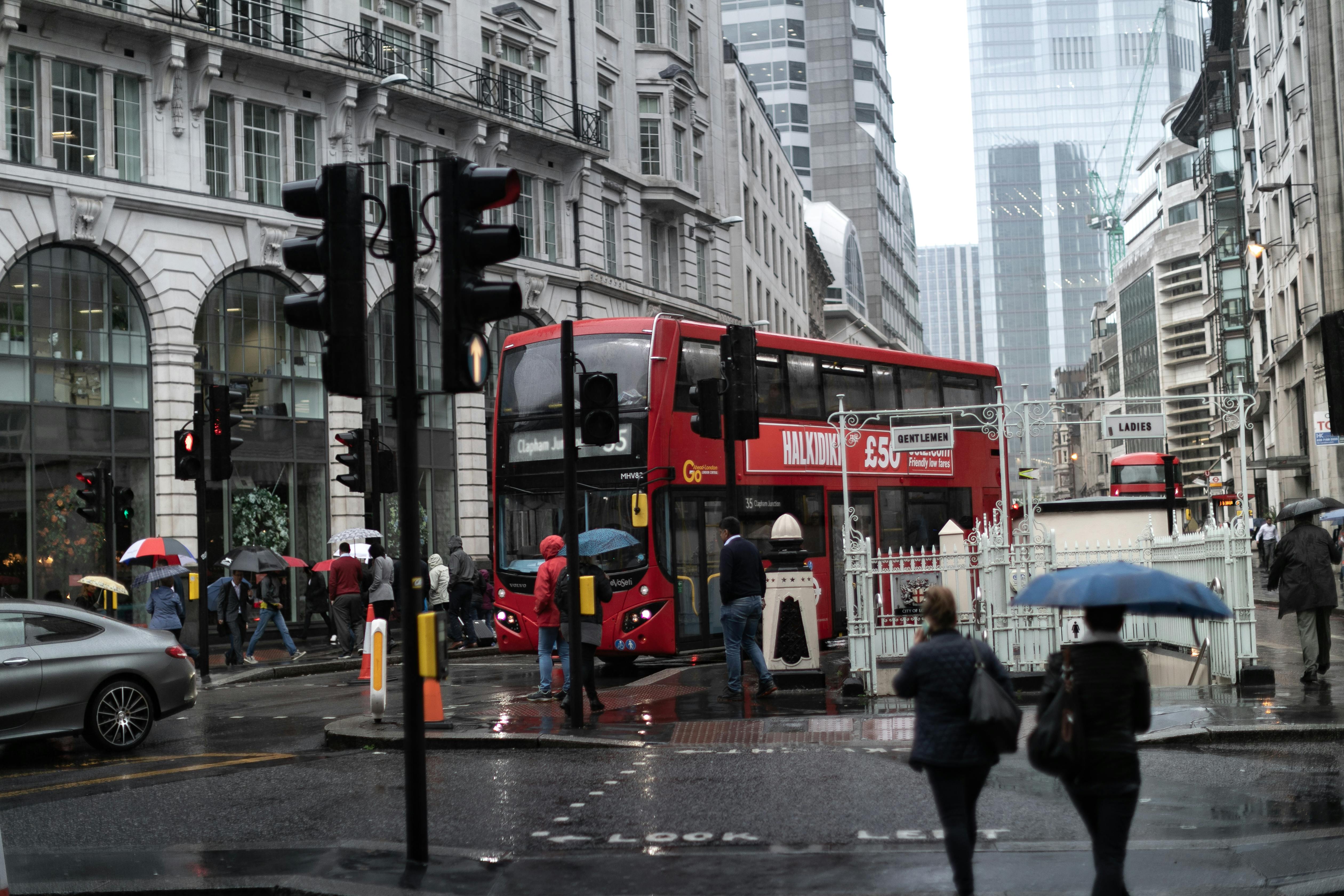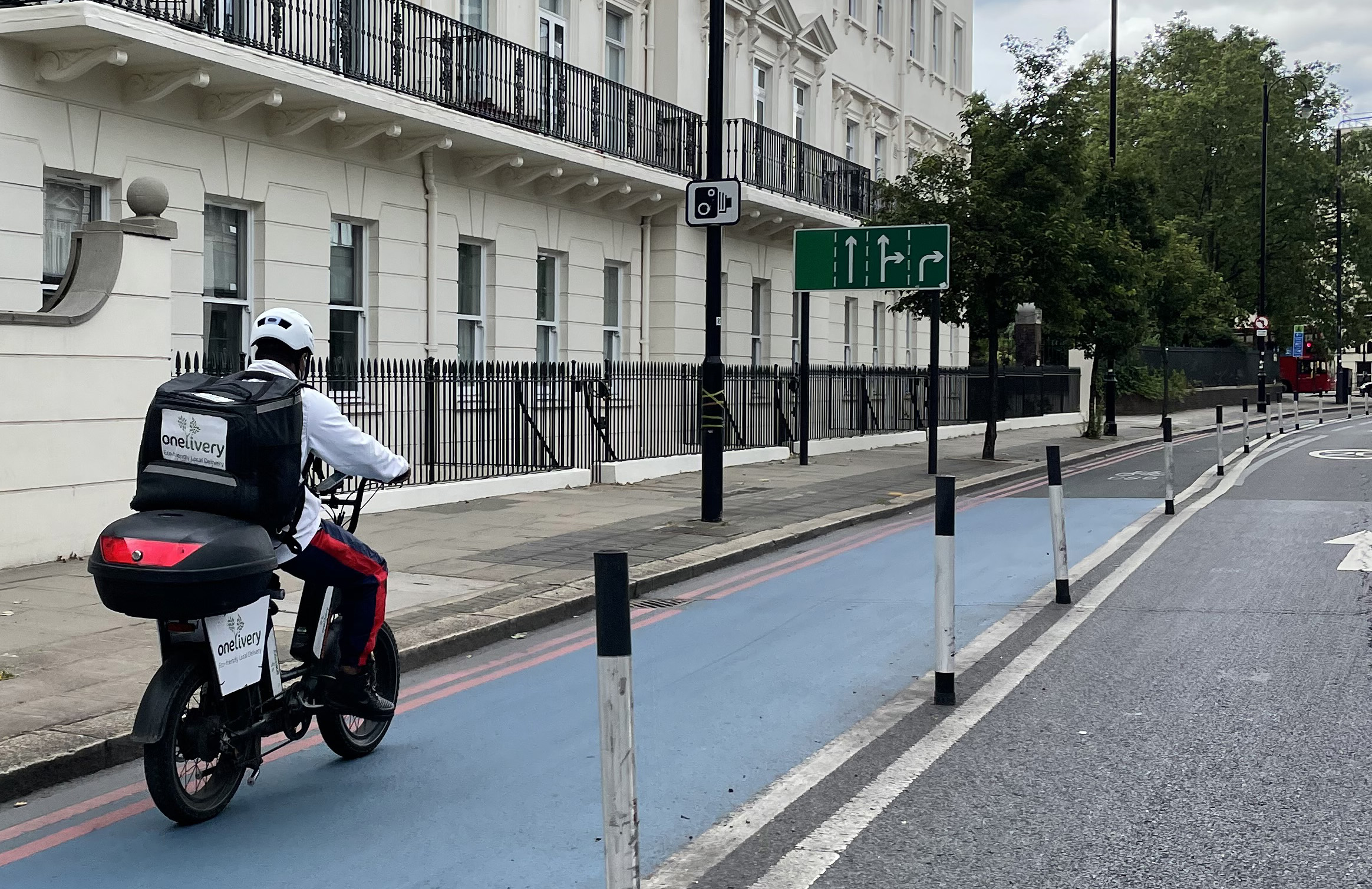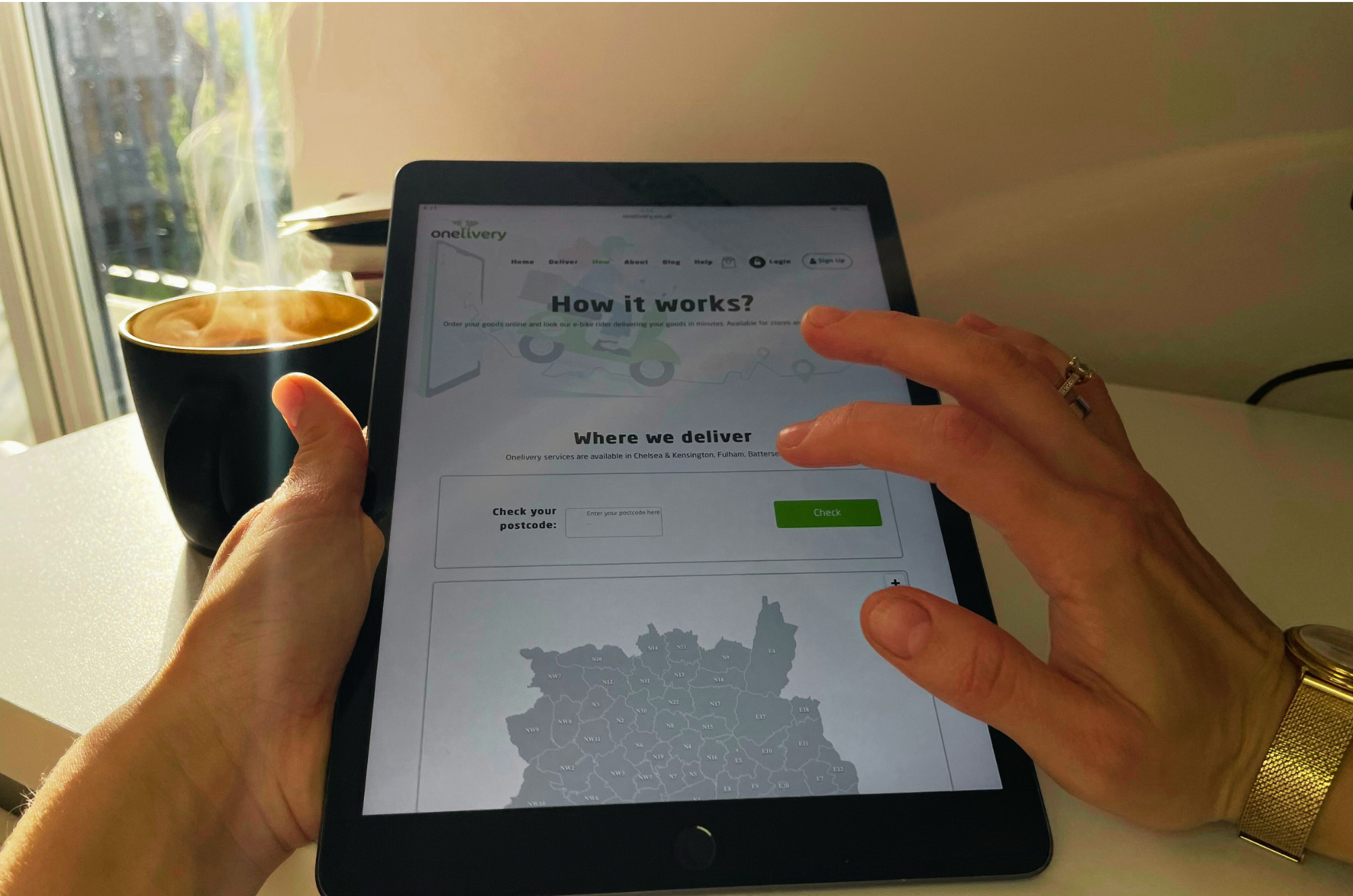The rise of the gig economy has transformed how Londoners shop and receive goods, particularly in busy retail hubs like Camden, Hackney, and Croydon. But behind every convenient delivery is a worker navigating ethical challenges that affect both their livelihoods and the sustainability of the sector. As consumers increasingly demand quick delivery, the pressure placed on gig economy workers—who often lack job security, benefits, or stable pay—raises pressing questions about the future of work and its ethical foundation.
Imagine riding an electric bike through Hackney on a typical dreary London afternoon. The streets are wet, traffic is at a standstill, and you’re rushing to meet your next delivery slot. You’re working against the clock, but there’s no guarantee your efforts will translate into a decent day’s pay. This is the daily reality for many gig economy workers, and it’s a far cry from the sustainable and fair work that London prides itself on. While the eco-friendly shift towards electric vehicles and bicycles may reduce the city’s carbon footprint, it does little to lighten the financial burden for those actually using them.
In areas like Hackney and Camden, where ethical consumption and sustainability are front and centre, the disparity between workers' conditions and the values these communities champion becomes glaring. While local businesses and residents demand greener deliveries, many workers are footing the bill for electric bikes or paying out-of-pocket for repairs, all while earning as little as £3 per delivery. This begs the question: Can a system be called sustainable if it doesn't also take care of the people keeping it running?
To address this ethical dilemma, local authorities and retailers alike need to take action. One potential solution is for retailers to collaborate with delivery cooperatives, which would ensure fair wages and working conditions for all delivery workers, while maintaining eco-friendly practises. Delivery co-ops have been successfully established in cities like Paris, where workers collectively own and operate their delivery service, giving them more control over pay and working conditions. Another step could involve local councils introducing mandatory guidelines for gig workers’ pay and rights, creating a framework that protects them from exploitation.
As a city that prides itself on ethical living, London must ensure that its delivery workers are part of the sustainability conversation. By pushing retailers to adopt fairer practices—whether through co-ops, better pay, or improved protections—we can make sure that the people powering our eco-friendly deliveries aren’t being left behind. If we truly want to create a sustainable future for retail in London, it’s time to ensure that the gig economy works for everyone.
At Onelivery UK, we believe that sustainability goes beyond reducing emissions. It’s about creating a balance between eco-friendly practices and fair working conditions. That’s why we invest in electric vehicles and cycling solutions to help cut down on London’s carbon emissions while supporting our delivery workers with fair pay, safe equipment, and the necessary protections to ensure their wellbeing. By championing both sustainability and ethical treatment of our riders, we’re leading the way in building a greener, more just future for London’s retail industry.
Together, we can make sustainability a reality for both the planet and the people who keep it moving.









